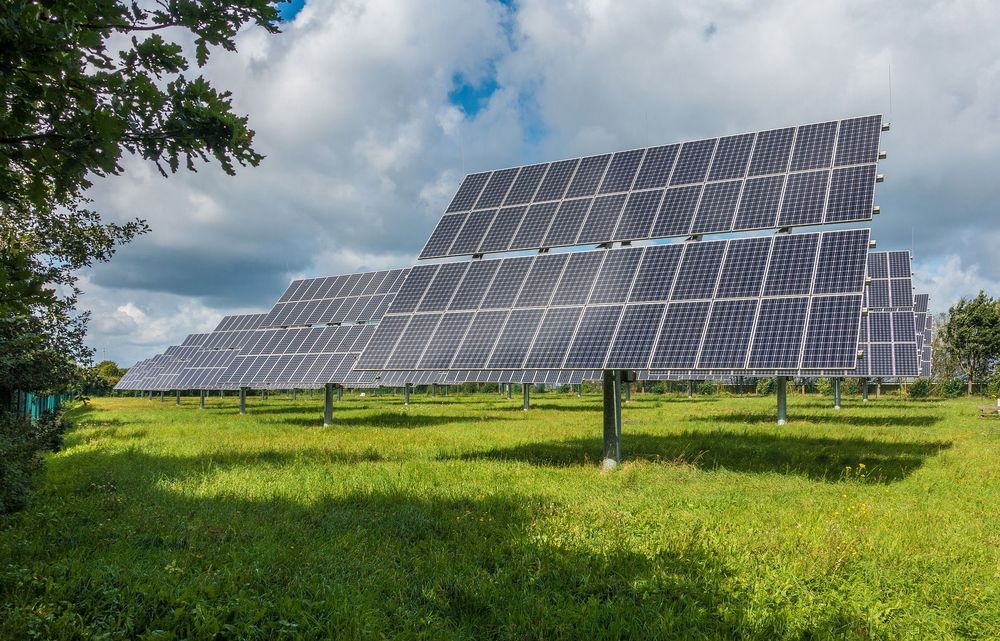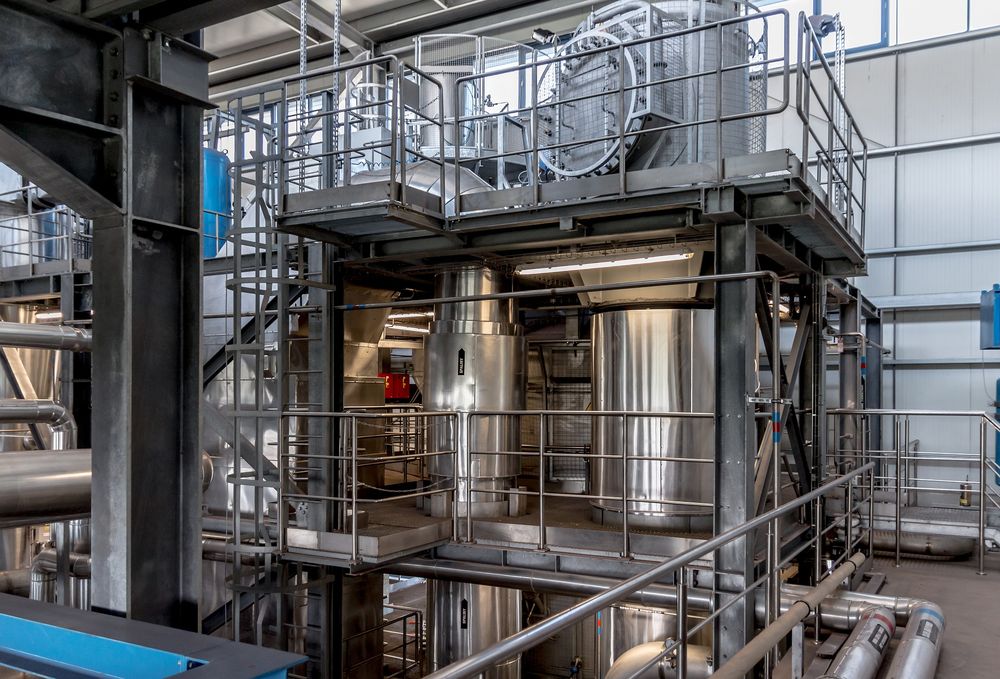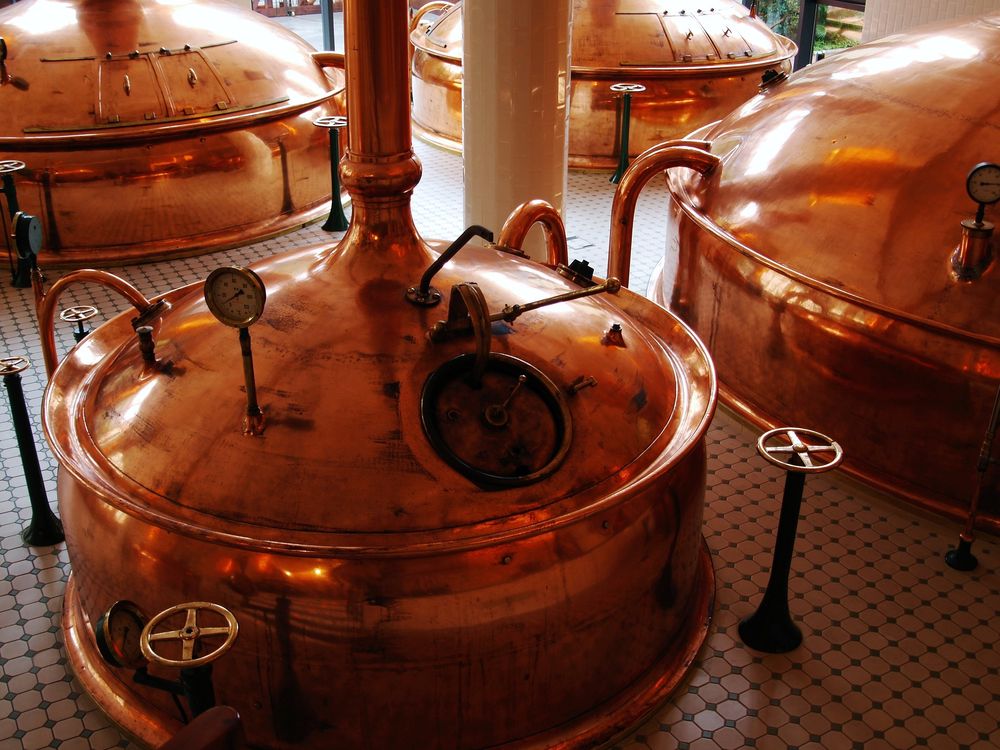Environmental impact is the third determining factor for consumer’s purchasing decisions, after quality and price. Environmental sustainability is not only a duty, but also an opportunity for food companies to improve their competitiveness on the market. The EU believes in and supports many “green” projects
Climate change is one of the greatest challenges that humanity will face in the coming years. Almost all human activities generate, directly or indirectly, a quantity of greenhouse gases. The most important of these gases is carbon dioxide.
The carbon footprint is a measure of the total amount of carbon dioxide emissions produced directly or indirectly from an activity or accumulated during the entire life-cycle of a product, whether goods or services. In the food industry, these steps include the cultivation of primary raw materials, transport, processing, conservation, consumption and, at the end, wastes.
The production and consumption of food are responsible for a significant share of all the anthropic environmental impacts. The food sector contributes significantly to carbon emissions, because food is prepared and distributed using enormous amounts of energy for processing, packaging and transport.
It is estimated that in the EU at least 5-6% of global emissions of greenhouse gases is due to food transport, 8-10% to food processing and packaging, about 1-2% to refrigeration and 1-2% for retail sale. This corresponds to a total of 15-20% of global emissions related to these activities. The ability to demonstrate the own awareness of environmental food-related issues and their extent in all respects enhances competitiveness on the market. Environmental impact, in fact, is the third determining factor for consumer’s purchasing decisions, after quality and price (Eurobarometer).
Over the years, the Italian food industry has implemented a series of strategies to improve its environmental sustainability: exploitation of raw materials; reduction in water consumption (up to 70% since the 1990s to today on a European average of 40%); reduction of energy impact (-30% of consumption in 20 years); packaging optimization; combating wastage are just some of the actions put in place (source: Federalimentare).
The EU believes in it. The EU finances a large number of projects directed to reduce the environmental impact of the food sector. The main objective of the LIFE FOODPRINT project – Development of an integrated tool to reduce carbon footprint in the food industry (01/09/2014 – 31/10/2017) is to identify, quantify and implement measures to reduce the carbon footprint (CF) of the pastry and flour food industry sector along the supply chain, while increasing competitiveness through the development of an innovative software tool.
The software will enable the reliable determination and evaluation of the carbon footprint of some food products, considering direct and indirect activities (energy consumption, water and wastewater management, logistics). The tool has been developed in 6 pastry and flour food industries in Greece and Italy. It will be implemented on a large scale and can be used to evaluate the CF of the products along the supply chain; to identify the Carbon hotspots contributing in raising the CF of products along the value chain; to quantify the contribution of each activity to the overall CF of each product.
Furthermore, programs can also be developed for the mitigation of Greenhouse Gas (GHG) emissions for the participating food industries and their products by incorporating a series of offsetting measures, which will give rise to opportunities for greater energy and resource efficiency, reduced waste and wastewater generation, simplified logistics and other efficiencies. In future the results of this project can be applied also to other companies of the sector.
The project aims to develop a national strategy for the reduction of greenhouse gas emissions in the food and pastry industries in Greece and Italy, while increasing their competitiveness in the future. Another European project – Clim The Foot – Calculating and Reducing Organizations’ Carbon Footprint (01/09/2015 – 30/09/2018) involves 5 European countries (France, Italy, Greece, Croatia, Hungary) and 7 partners (for Italy ENEA and Ecoinnovation). The objective is to collect and calculate useful data on greenhouse gas emissions to train experts in Carbon Footprint of Organisations (CFO). The project wants to provide a cognitive and operative contribution to support the development of strategies and policies for the reduction of greenhouse gases. Five European countries are working together to enable companies and institutions to evaluate the emissions of carbon dioxide equivalent (CO2eq) associated with their activities.
The unit of measurement of the carbon footprint (CO2eq) takes into account the amount of greenhouse gases equivalent to carbon dioxide (CO2), as methane (CH4), nitrous oxide (N2O), etc. The project also aims to prepare informative material and courses for the training of experts in the calculation of the CFO, to create national databases with types of greenhouse emissions in different sectors and to create a cooperation platform with all the materials and tools available. As for the technologies and innovations aimed to reduce the environmental impact of the agroindustrial sector, the EU has funded three other projects: AGRICARE, SINERGIA and PEFMED. AGRICARE (Introducing innovative precision farming techniques in agriculture to decrease carbon emissions) wants to demonstrate that soil management in line with the principles and techniques of conservation agriculture implemented by means of machines equipped with the high-tech mechatronics (precision farming) has a great potential in terms of productivity and economic benefits, and therefore greater competitiveness on the reduction of greenhouse gas emissions and on the protection of soils, hence in terms of sustainability.
The European project SINERGIA (Increasing energy performance by transfer of innovation to agri-food SMEs in the Mediterranean Area), is coordinated by ENEA, with the involvement of eight partners from Spain, France, Slovenia, Croatia, Greece and Albania. The project’s objective is to improve energy efficiency of SMEs through the transfer of innovative models, thus enabling the reduction of energy consumption while strengthening the competitiveness on the global market. A website has been created for the autonomous analysis of companies’ energy consumptions, as well as for the identification of adequate energy-saving strategies and the procurement of energy from renewable sources.
Furthermore, a European open database open (FET – Food Energy Technology database) has been created: it is a a collection of the best available technology in the fields of energy efficiency and renewable energy production for the agro-food enterprises. After the pilot project carried out by the EU in 2014/15 on oil, mineral water, meat, wine, milk and feed, the PEFMED project (Uptake of the Product Environmental footprint ecological Footprint across the MED agrofood regional productive systems to enhance innovation and market value) will apply experimentally the Product Environmental Footprint methodology (PEF) in order to measure the environmental impact (climate change, reduction of the ozone layer, depletion of water resources, land-use changes, eco-toxicity) of a sample of about 100 companies located in nine European territorial districts. In Italy, Apulia and Lombardy have been identified.
The project, coordinated by ENEA for the scientific part and co-financed with about 2 million Euro by the European Commission, involves also the Italian Ministry of the Environment and seven partners from Spain, France, Slovenia, Portugal and Greece. The PEF approach considers the total impact of a product during its life-cycle, starting from raw material cultivation, processing, transportation up to the disposal and recycling after use.
The purpose is to implement interventions promoting eco-innovation to “green” the agri-food sector, increase the market value of the PEF-complying products, support the strategies and objectives of intelligent specialisation in relation to innovation in the agri-food sector industrial. In addition, from the analysis of the stress tests, it will be possible to obtain useful information to classify food products according to their best environmental performance, encouraging companies to innovate in key green production processes while ensuring full respect of local food traditions.






